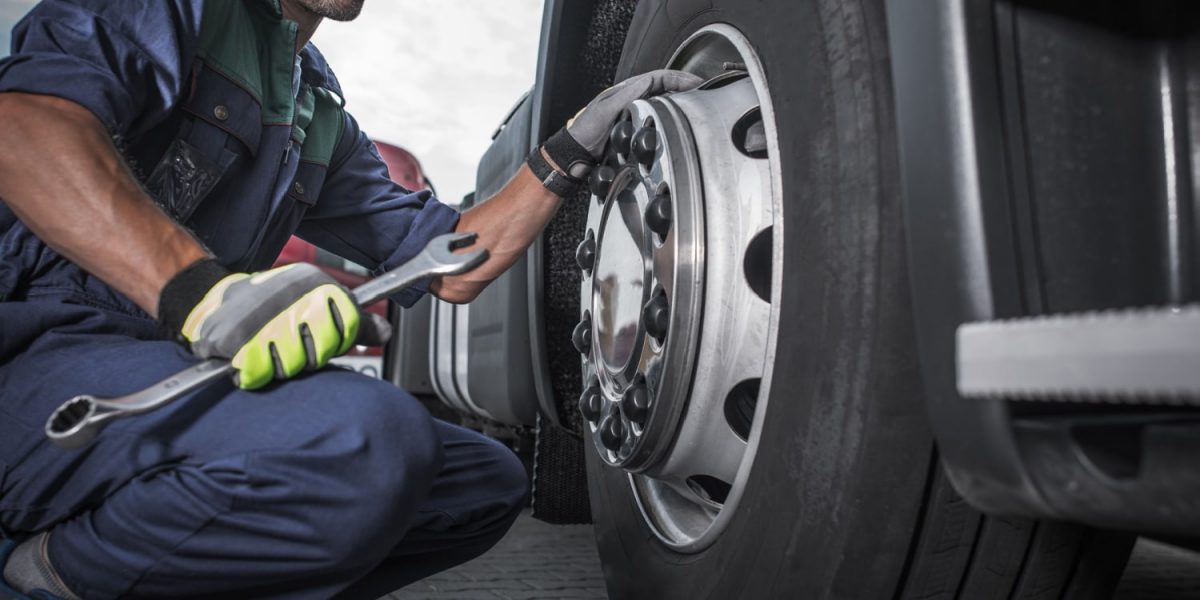Sleep plays a key role in health. Researchers still haven’t fully uncovered all the secrets of how sleep works, but it’s clear that it’s essential to feeling well and functioning at your best. For truckers, sleep can be a challenge. Variable schedules and sleeping in a semi-truck can make it difficult to get good rest. However, sleep is a key factor for health and safety on the road.
Here are some reasons getting enough high-quality sleep is important for truck drivers:
1. Safety
Semi-trucks are massive compared to other vehicles on the road, and truckers spend more time behind the wheel than other drivers. Professional drivers must uphold a high standard of safety to protect themselves and others on the road.
Driving while tired has many of the same effects as drunk driving. If you go too long without sleep, you could fall asleep at the wheel or experience involuntary “micro-sleeps” where you lose consciousness for a few seconds at a time. Even in less extreme circumstances, fatigue drains your focus and makes it harder to pay attention to the road.
Caffeine and other “tricks” for boosting your energy can only do so much. At the end of the day, regular sleep is essential for keeping you alert.
2. Physical Health
During sleep, your body undergoes various processes that affect your physical health. For example, certain hormones are regulated as you sleep. These include ghrelin and leptin, which regulate hunger levels and can cause excessive hunger and weight gain when out of balance. Another example is insulin, which regulates blood sugar. Your blood pressure also drops and a lack of sleep can increase your risk of heart disease and stroke. Not getting enough sleep can also impact your immune system and leave you vulnerable to inflammation and infections. In short, your body can’t function without enough sleep.
3. Mental And Emotional Well-Being
The mental side of trucking plays a larger role than many people realize. Dealing with traffic conditions, staying focused on the road, and minimizing stress all require a positive mindset and the ability to adapt to challenges. Just as sleep affects physical health, it is also key for emotional well-being. A lack of sleep makes it harder to regulate your emotions. It can impact your memory, increase frustration at day-to-day inconveniences, and increase your risk of depression.
Tips For Better Sleep For Truckers
Now that you know how important sleep is, how can you get more of it and improve the quality of the sleep you get?
Here are some practical sleep tips for truckers:
- Create a routine that you follow before you go to sleep. This helps create consistency even as your schedule changes and makes it easier to fall asleep.
- Block out light and sound to the best of your ability. This makes it easier to get restful sleep even at busy truck stops.
- Take naps if you need to. This is much more effective for fighting fatigue than relying on caffeine.
- Consider upgrading your semi-truck’s mattress and bedding.
Truck Driver Training
If you’re interested in becoming a trucker, Phoenix Truck Driving Institute can help you get started. Our program helps students earn their commercial driver’s license (CDL) in as little as four weeks and we cover a variety of topics related to safe and effective trucking.
Contact us today to learn more about earning your CDL in Phoenix, AZ.









